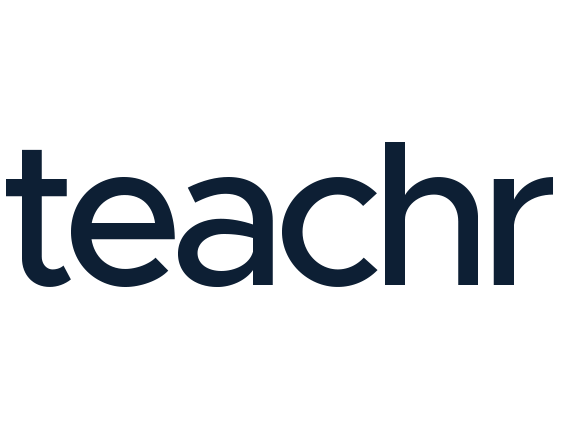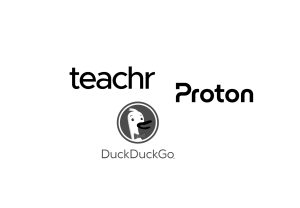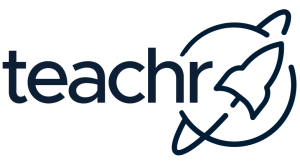
The Enshittification of Online Platforms: Why Online Course Platforms Are Losing Their Way
In the last years, the term enshittification has become a perfect way to describe the gradual decline of digital platforms. Coined by writer and technologist Cory Doctorow, enshittification refers to the process by which online platforms deteriorate as they prioritize profit over user experience and ethical operation. This phenomenon starts when a platform lures users with generous policies, turns its focus to monetizing creators, and ultimately squeezes all parties for maximum profit—destroying what once made it valuable.
The world of online course platforms is no exception. What began as a promising avenue for democratizing education has become riddled with issues: overcrowded markets, low-quality courses, and aggressive marketing practices. Many platforms now cater more to flashy sales pitches than to meaningful education. It’s not uncommon to see platforms flooded with courses that are little more than repackaged marketing schemes, dubious get-rich-quick tutorials, or ridiculous low-effort content. Meanwhile, educators who genuinely care about their craft find it increasingly difficult to stand out.
💩 Overcrowding and Low Standards: Many platforms have adopted a “quantity over quality” model, letting anyone upload courses with minimal oversight. This has led to an avalanche of low-quality content, making it harder for learners to find genuinely valuable courses.
💩 Monetization Over Education: Instead of promoting meaningful learning experiences, many platforms encourage creators to optimize for sales, clicks and enrollments. Educational integrity often takes a back seat to marketing tactics.
💩 Environmental Costs: Few platforms acknowledge the environmental footprint of running massive servers and streaming hours of video content. The pursuit of scale often ignores sustainability.
💩 And if that’s not worse enough: Creators as Cash Cows: Platforms charge high commissions, have inflexible pricing structures or force creators to participate in low-price sales, devaluing their work and leaving them with only a fraction of the revenue.
But what can you really do about it?

Probably not much—platforms rise and fall, and the dominance of larger platforms feels long overdue for an inevitable collapse.

Here is an alternative: teachr
With teachr, we’re focused on creating a space that prioritizes meaningful education, sustainability, and impact over marketing gimmicks and profit-at-all-costs models. While we’re part of the same digital ecosystem, we aim to avoid the pitfalls of the big players by staying small, intentional, and focused on what really matters: education that leaves a positive mark on the world.

aaaand yes … We get it—reading a rant about platforms from another platform might seem ironic. It’s the classic “you’re no better” double standard.
But as an indie-developed platform (indie means “independent”), we’re not here to claim perfection; we’re here to do better. teachr takes a different approach by verifying courses and maintaining a strict list of prohibited content. This means that accounts attempting to create non-compliant courses are blocked before any sales can take place.
teachr has the following ethical platform principles incorporated:
- Honesty and Fairness
- Social responsibility
- Technology ethics
- Trust and transparency
- Environmental consciousness
- Diversity and respect
- Prioritizing customer rights
- Customer data protection
- Community empowerment
- Human rights
And yes, this approach may not be the most profitable but it ensures that teachr remains a platform for high-quality, original courses—not just another copycat.
Our commitment extends beyond education to core values like environmental protection and service to humanity. This ethos is reflected in the top courses on teachr (teachr.courses), which are thoughtfully designed, practically relevant, and aligned with sustainability. These courses not only benefit learners but also provide creators with a fair and sustainable income.
… and we plant trees when a course is sold …



